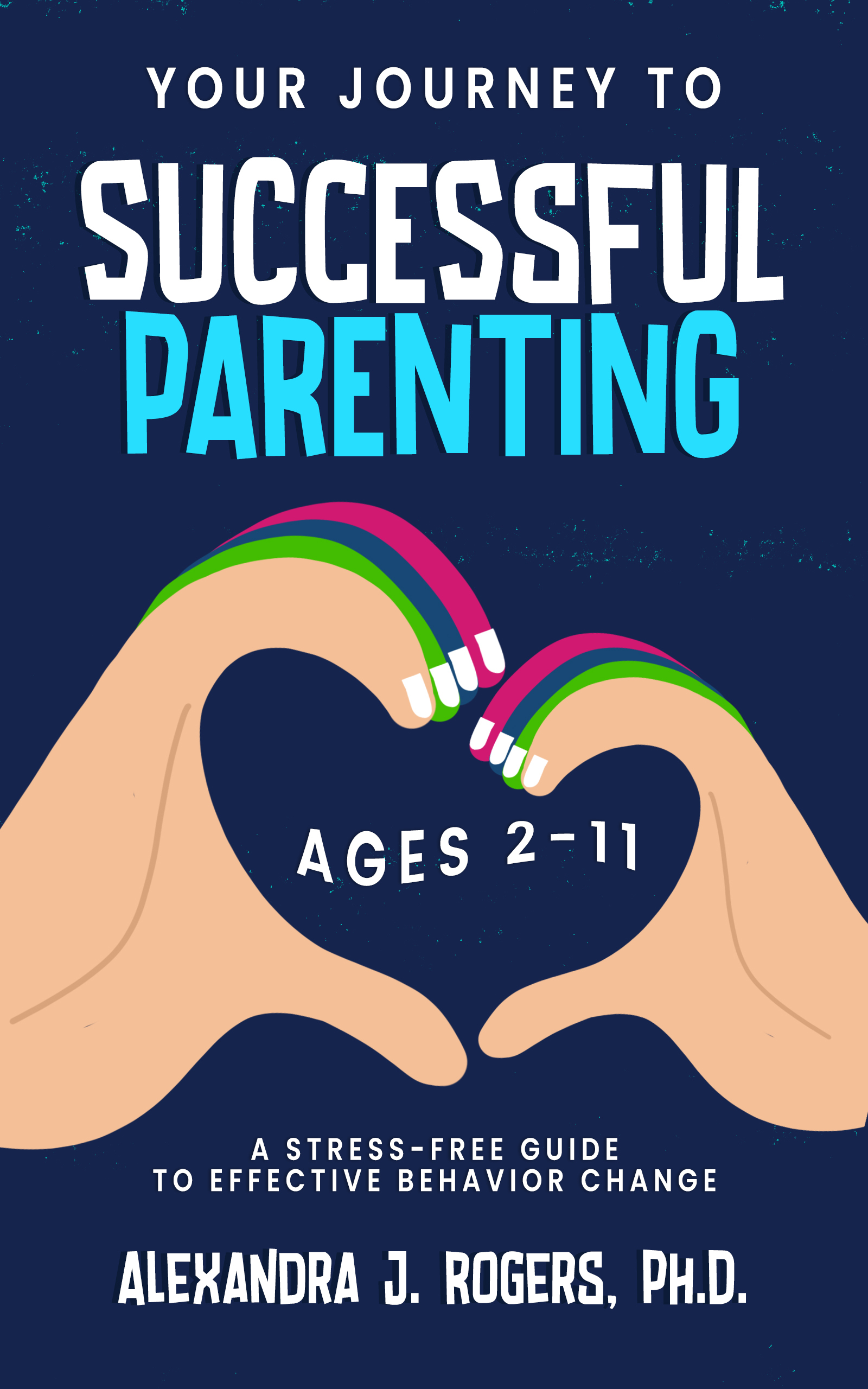“The comprehensiveness of Rogers’ advice is impressive and deeply involving, and the book as a whole makes for engrossing reading—even for those who’ve never spent a single hour around a moody, temperamental child.” – Kirkus Review (Recommended)
Full review here.
“While compact, this guide is admirably thorough, pragmatic, and informative, sharing a wealth of Rogers’s own tried-and-tested techniques.” –BookLife Review (Editor’s Pick)
Full review here.
“I loved her emphasis on simple techniques, like catching your kid being good rather than constantly scolding. It hit me how often I focus on what’s wrong instead of what’s right.” – Literary Titan
Full review Titan here.


